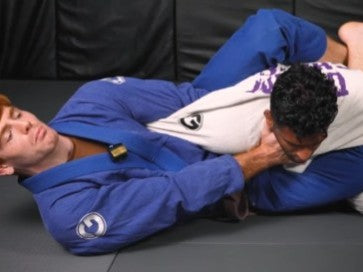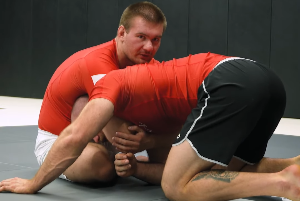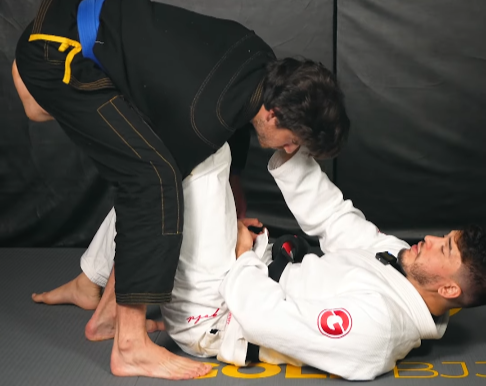Are you interested in learning a martial art but unsure where to begin? Choosing the right discipline is essential for long-term enjoyment and commitment.
Whether you aspire to become a professional MMA fighter or simply want to improve your fitness and self-defense skills, this guide will help you navigate the process of selecting your first martial art.
Understanding the Commitment
Before diving into specific martial arts, it's important to understand what you're getting into:
- Time and Money: Martial arts training can be time-consuming and expensive, with costs for classes, equipment, and potentially travel.
- Physical Demands: Expect soreness and challenging physical exertion, especially in the beginning.
- Mental Toughness: There will be times when you want to give up. Perseverance is key.
- Realistic Expectations: If your sole goal is to win street fights, you might be approaching martial arts for the wrong reasons.
Popular Martial Arts for Beginners
Let's explore some of the most accessible and beneficial martial arts for newcomers:
Brazilian Jiu-Jitsu (BJJ)
What is it? A grappling-based martial art focusing on ground fighting and submissions.
Yes, we're biased - but in our opinion Jiu Jitsu is the perfect martial art for beginners. It's both proven effective in self defense scenarios, a great workout, and a fun sport that people of all ages and backgrounds can enjoy.

Benefits:
- Excellent for self-defense, especially against larger opponents
- Improves flexibility and body awareness
- Problem-solving skills development
Training involves:
- Learning various positions and transitions
- Drilling submission techniques
- Live rolling (sparring)
Is it right for you? BJJ is ideal for those who prefer grappling over striking and enjoy the strategic aspects of martial arts. Jiu Jitsu can be trained either in the gi (traditional martial arts uniform) or no-gi, in rash guards and fight shorts.
Boxing
What is it? A combat sport focused on punching techniques and footwork.
Benefits:
- Excellent for self-defense
- Improves cardiovascular fitness
- Enhances hand-eye coordination
Training involves:
- Footwork drills
- Punching techniques
- Sparring (optional in many gyms)
Is it right for you? Boxing is an excellent choice for those interested in stand-up fighting and overall fitness.
Muay Thai
What is it? Known as the "Art of Eight Limbs," Muay Thai is a striking art from Thailand that uses fists, elbows, knees, and shins.

Benefits:
- Comprehensive striking skills
- Intense cardiovascular workout
- Teaches clinch techniques useful in other martial arts
Training involves:
- Striking drills on pads and bags
- Clinch work
- Conditioning exercises
Is it right for you? If you're interested in a well-rounded striking art with cultural depth, Muay Thai could be an excellent choice.
Judo
What is it? A Japanese martial art focusing on throws and grappling.
Benefits:
- Develops balance and coordination
- Teaches valuable self-defense skills
- Olympic sport with competitive opportunities
Training involves:
- Learning throws and takedowns
- Ground grappling techniques
- Ukemi (breakfall) practice
Is it right for you? Judo is excellent for those interested in throwing techniques and the sporting aspect of martial arts.
Karate
What is it? A traditional Japanese martial art known for its striking techniques.
Benefits:
- Improves discipline and focus
- Teaches a variety of striking techniques
- Often suitable for all ages
Training involves:
- Kata (form) practice
- Striking drills
- Light sparring in many schools
Is it right for you? Karate is a good choice for those interested in traditional martial arts with a mix of practical and philosophical elements.
Making Your Decision
When choosing your first martial art, consider the following factors:
- Your Goals: Self-defense, fitness, competition, or personal growth?
- Available Schools: Research the quality and reputation of nearby martial arts schools.
- Physical Limitations: Some arts may be more suitable depending on your current fitness level and any existing injuries.
- Time Commitment: How much time can you realistically dedicate to training?
- Budget: Consider the costs of classes, equipment, and potential competition fees.
Final Thoughts
Remember, there's no "perfect" martial art. Each discipline offers unique benefits and challenges. The best martial art for you is one that you enjoy and can commit to consistently. Many martial artists cross-train in multiple disciplines over time, so your first choice doesn't have to be your only choice.
Don't be afraid to try introductory classes at different schools before making a decision. Most importantly, approach your martial arts journey with an open mind, respect for your instructors and fellow students, and a commitment to continuous learning and improvement.



